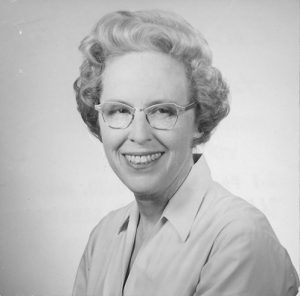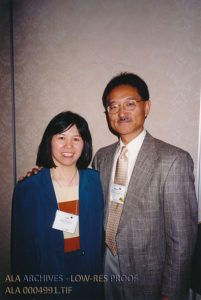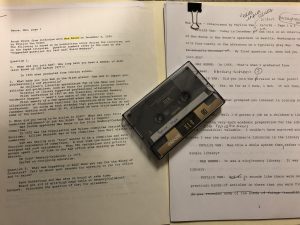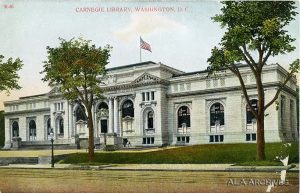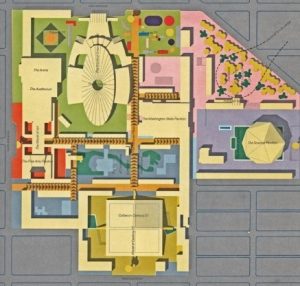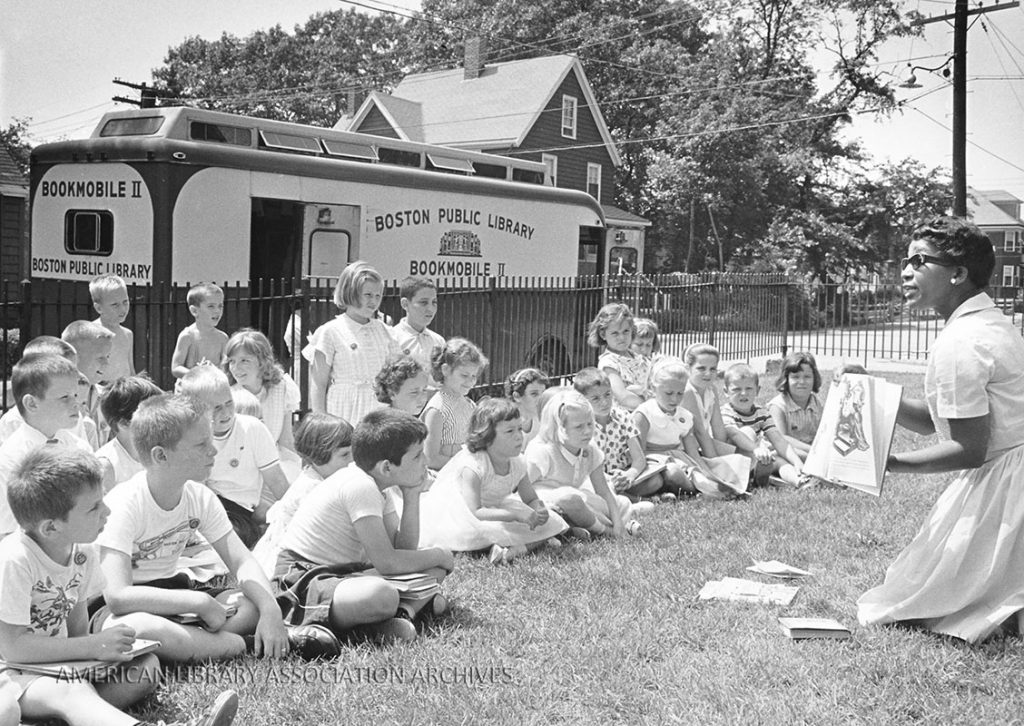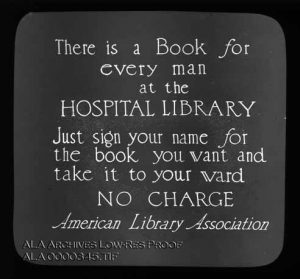Due to communist hysteria before and after World War II, many organizations and publications were under suspicion of being affiliated with or promoting the Communist party. One curious suspect of this scrutiny was Consumers Union, publisher of Consumer Reports, the product testing and consumer advocacy magazine. In the late 1930s, Consumers Union faced unsubstantiated accusations of communism.[1] Despite the fruitless claims, Consumers Union was placed on a list of subversive organizations by the House Un-American Activities Committee in 1944.
In 1951, representatives from the Better Business Bureaus drew attention to Consumer Union’s status on the House Committee’s list. As a result, Ohio schools banned the use of Consumer Reports in the classroom.[2] While the Ohio schools ban of the magazine was short-lived, the questions about it were not and the ALA Intellectual Freedom Committee (IFC) noticed the attempts to ban the publication. Continue reading ““Nothing Could Have Astonished Me More”: The Challenge of Consumer Reports”
